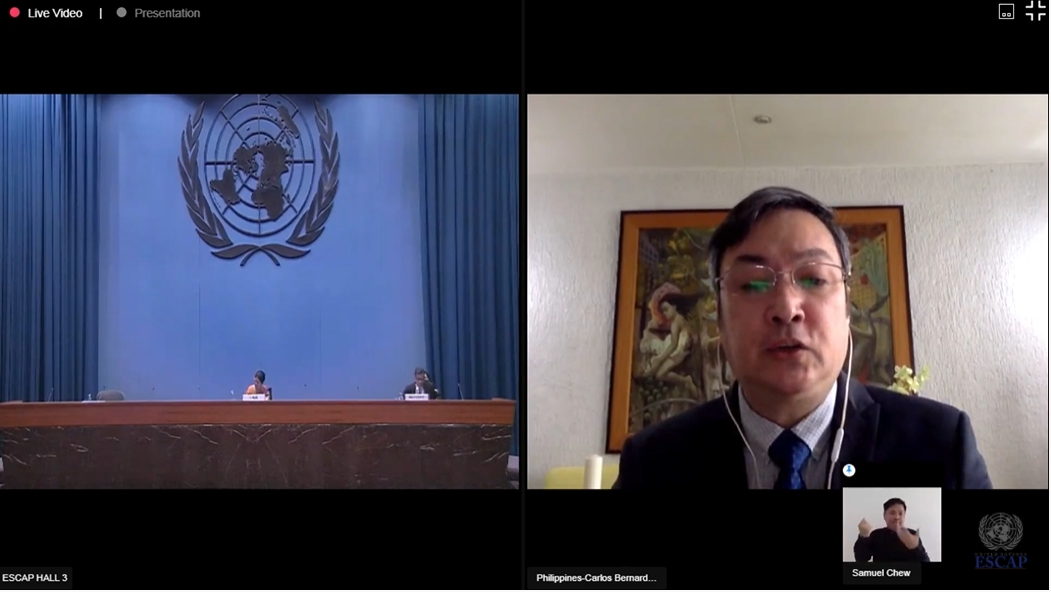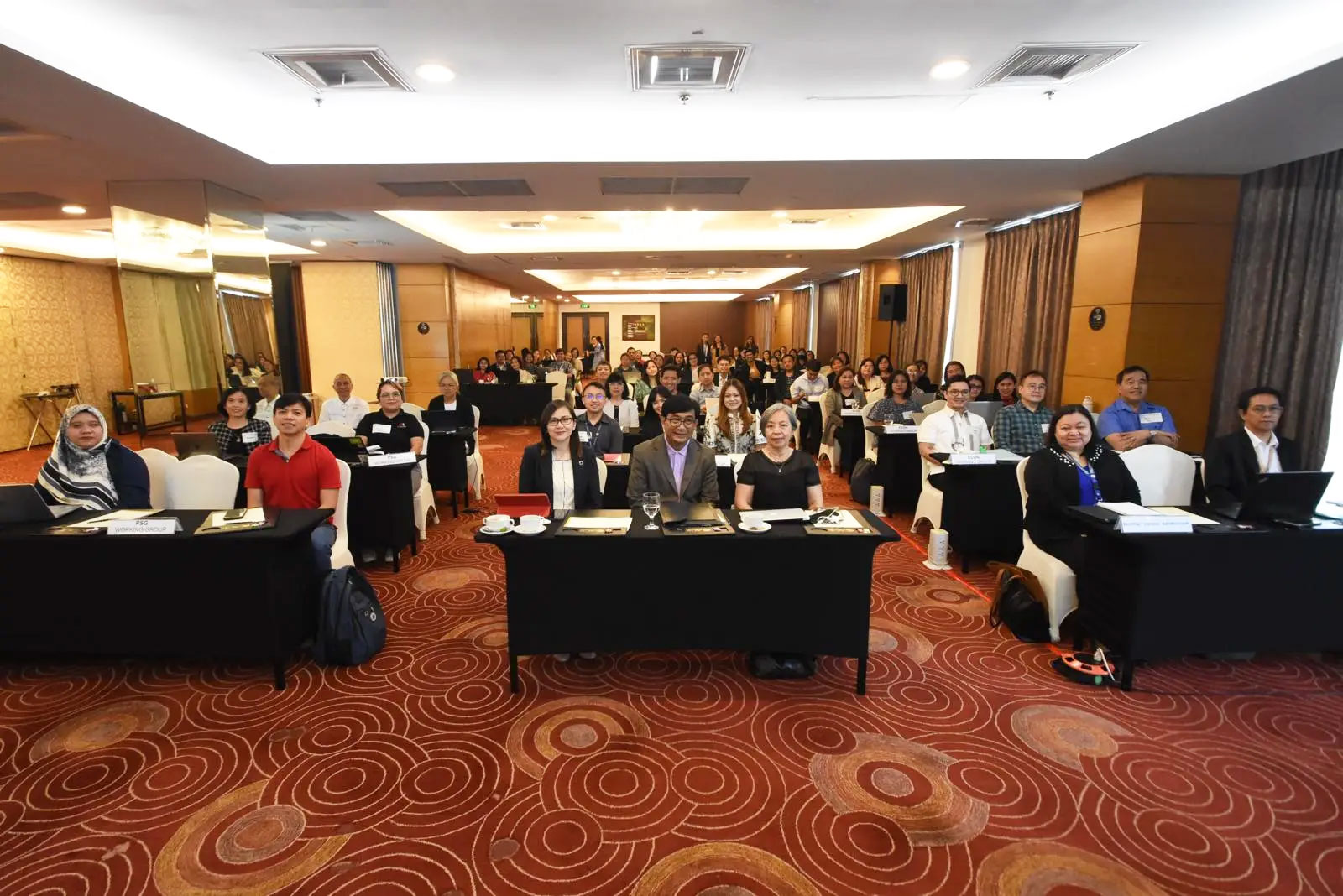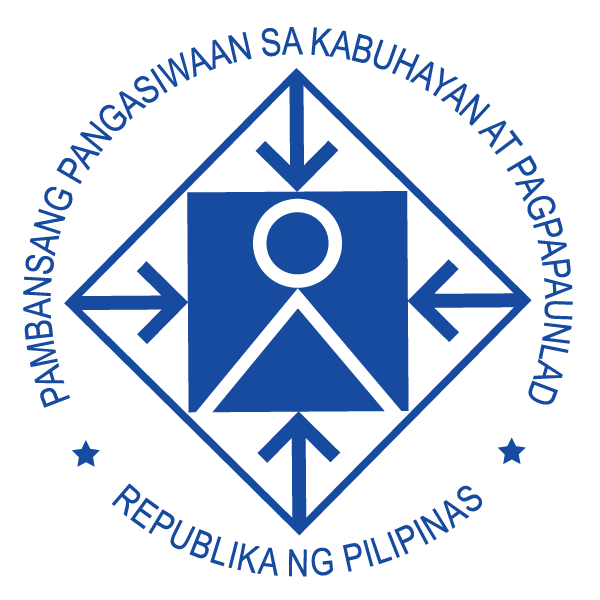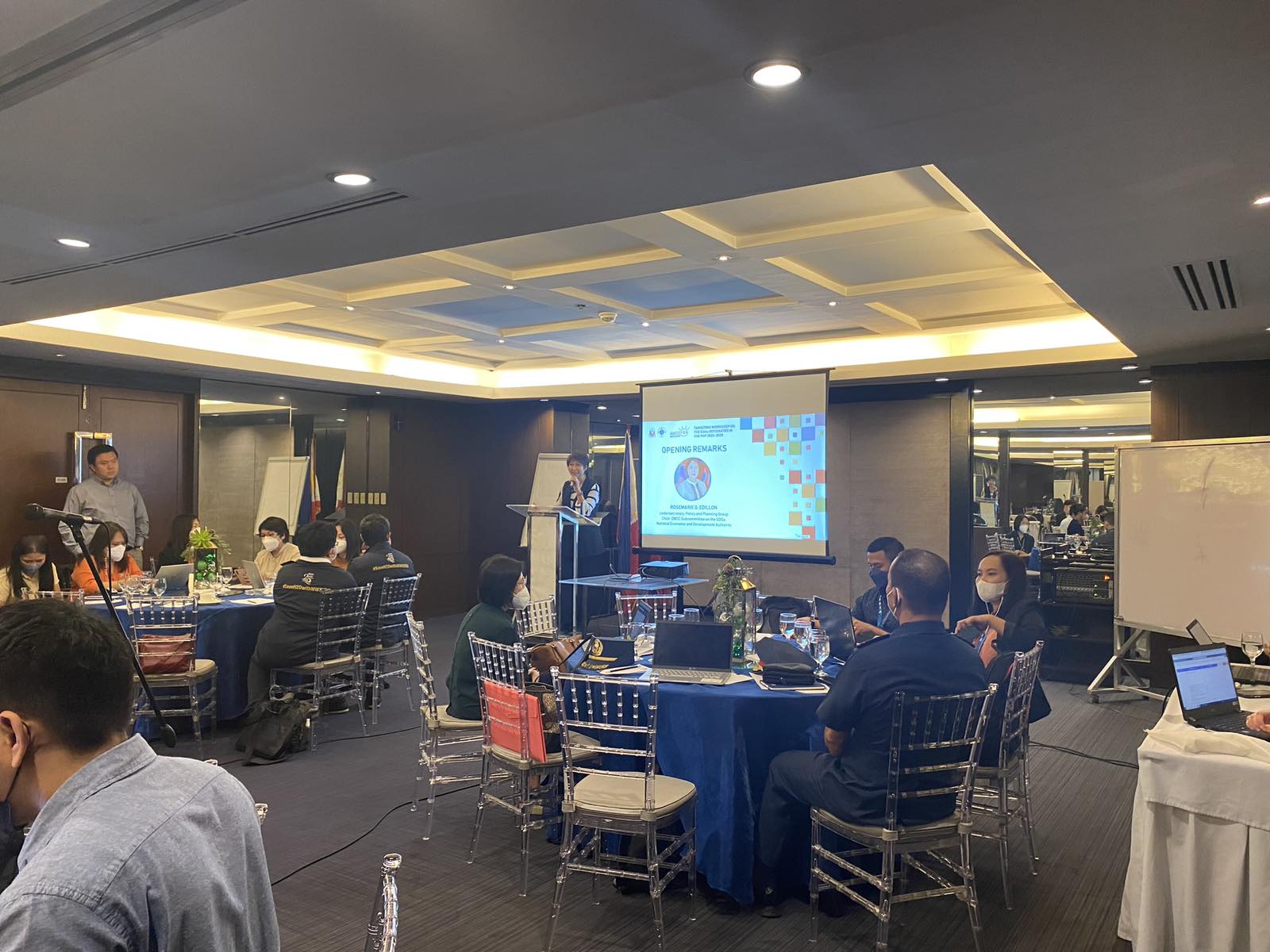Intervention by the Philippines at the ESCAP Committee on Social Development, Sixth Session on “Consideration of the draft action plan to strengthen regional cooperation on social protection in Asia and the Pacific”

Philippine Intervention on Agenda Item 2: Consideration of the draft action plan to strengthen regional cooperation on social protection in Asia and the Pacific
ESCAP Committee on Social Development, Sixth Session (Virtual Meeting)
Carlos Bernardo O. Abad Samtos
Assistant Secretary for Policy and Planning
The Philippine Government recognizes the vital role of social protection as an enabler for all countries in pursuing the 2030 Agenda. In our Updated Philippine Social Protection Operational Framework and Strategy, social protection aims to promote equity, social cohesion, nation building, conflict management, disaster-risk reduction and management, and human capital formation. Anchored on this Framework, the updated Philippine Development Plan highlights the strategies to address the concerns of the most vulnerable members of the community: women, children and (out-of-school) youth, informal sector workers, solo parents, farmers and fisher folks, and persons of diverse sexual orientation, gender identity and expression (SOGIE). The strategies are risk-based and focused on enhancing the access of all individuals to social protection services to enable their full participation in socioeconomic activities.
Social protection measures have contributed to the reduction of poverty in the country. Among the notable measures are the institutionalization of the conditional cash transfer program; the creation of the National Commission of Senior Citizens, which will promote the welfare of older persons; the expansion of coverage of social pension; the expansion of the UHC program making it universal in coverage; and the institutionalization of unemployment benefits under the amended Social Security Act.
We recognize that social protection systems need to be flexible and responsive to adjust to the changes brought about by the pandemic and other emergencies and these should be aimed at strengthening the resilience of the vulnerable sectors against the adverse impacts of this crisis.
At the onset of this pandemic, we have undertook a whole-of-society approach. with policies on clear and transparent communication; interventions to mitigate losses; and programs towards safe and relevant implementation during the new normal.
We enacted laws that improved the capacity of our health system while ensuring social protection to those drastically affected by the pandemic. Among these are the social amelioration program, wage subsidies, cash for work program, extension of loan and rent payments, hazard pay, extension of UHC benefits to cover COVID-19 related-expenses, and subsidies for the health expenses of health workers.
To safely restart social and economic activities amid the COVID-19 pandemic, we are implementing the ReChargePH, a strategic action plan using the Prevent, Detect, Isolate, Treat and Recover (PDITR) framework.
To improve food security we ensured an adequate and unimpeded access to food supply by providing direct links between markets and products, promoting small scale planting, and providing food and other basic necessities to high-risk groups. The Government also prioritised the management of malnutrition through food supplementation and fortification program, and feeding programs.
Lastly, we endeavor to enhance social protection systems by digitalizing delivery mechanisms, information and database management through establishing registry for vulnerable populations, implementing the national ID system, digitalizing cash transfers, institutionalizing SP Floor, and drafting the SP Code for localized implementation.
Chair,
We support the objectives of the draft action plan to strengthen regional cooperation on social protection in our region. We recommend flexibility in modifying respective social protection programs and digitalize delivery mechanisms to respond effectively during emergencies. We are one with ESCAP member states in protecting the welfare and total well-being of every citizen especially the most vulnerable.
Thank you.
Related Articles

Central Luzon Regional Stakeholders’ Chamber on the SDGs convenes its organizational meeting
NEDA 3, as RDC III Secretariat, spearheaded the conduct of the organizational meeting of Regional Stakeholders’ Chamber on the Sustainable Development Goals (SDGs) on 25 September 2024 at Residencia Romero, City of San Fernando, Pampanga.

NEDA CONDUCTS WORKSHOP TO CRAFT FRAMEWORK FOR ACHIEVING SDGs
The National Economic and Development Authority (NEDA), as Secretariat of the Subcommittee on Sustainable Development Goals (SC-SDG) and its Stakeholders’ Chamber, held a workshop on Monday, September 30, 2024, to solicit ideas and inputs for the formulation of an indicator and strategy framework designed to guide non-government sector’s actions, as partners in achieving the SDGs.



